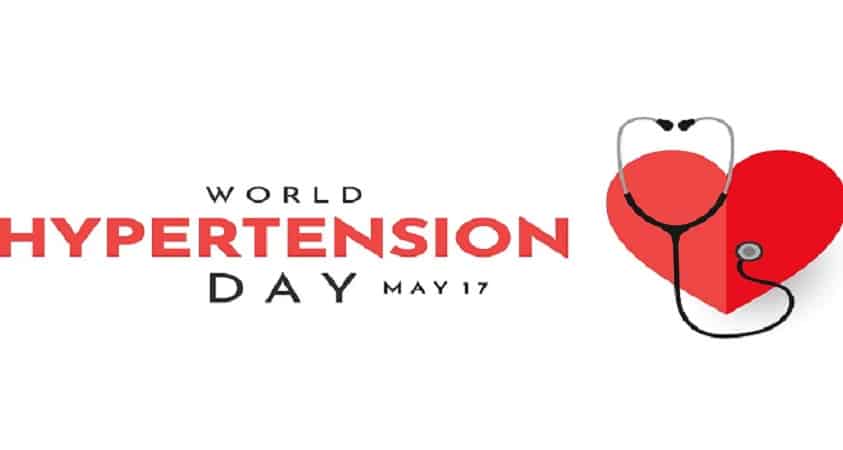World Hypertension Day is an annual event observed on May 17th, dedicated to creating awareness about the prevention, control, and management of hypertension worldwide. Hypertension, commonly known as high blood pressure, is a chronic medical condition that affects millions of people globally.
World Hypertension Day 2023: Theme
In 2023, the theme is “Measure Your Blood Pressure Accurately, Control It, Live Longer”, focusing on combatting low awareness rates worldwide, especially in low to middle income areas, and accurate blood pressure measurement methods.
What is Hypertension?
Hypertension, often referred to as the silent killer, is a medical condition characterized by persistently high blood pressure levels. It is a significant risk factor for cardiovascular diseases, including heart attacks, strokes, and heart failure. Despite its prevalence and potential severity, hypertension often goes undiagnosed, leading to adverse health outcomes. World Hypertension Day plays a crucial role in highlighting the importance of early detection and management of hypertension.
Raising awareness about hypertension on World Hypertension Day is essential for several reasons:
1. Preventing Complications through Early Detection
Early detection of hypertension allows for timely intervention and lifestyle modifications that can help prevent complications. Routine blood pressure checks are crucial for identifying individuals at risk and initiating appropriate treatment measures.
2. Encouraging Healthy Lifestyle Choices
World Hypertension Day serves as a reminder to adopt healthy lifestyle habits that can help prevent and manage hypertension. These include regular exercise, maintaining a balanced diet, reducing salt intake, avoiding excessive alcohol consumption, and managing stress levels.
3. Promoting Regular Blood Pressure Monitoring
Regular blood pressure monitoring is vital for individuals with hypertension. World Hypertension Day emphasizes the importance of tracking blood pressure readings to ensure effective management and prevent adverse cardiovascular events.
World Hypertension Day: Significance
World Hypertension Day serves as a crucial reminder of the importance of cardiovascular health and the need to prevent, detect, and manage hypertension. By raising awareness, promoting healthy lifestyle choices, encouraging regular blood pressure monitoring, and fostering global collaboration, we can work towards reducing the burden of hypertension-related complications. Remember, taking control of your cardiovascular health begins with small steps and informed decisions. Let us strive for a healthier future where hypertension is well understood, effectively managed, and its impact on individuals and communities is significantly reduced.
FAQs About World Hypertension Day
World Hypertension Day aims to raise awareness about hypertension, promote prevention strategies, and encourage early detection and treatment to reduce the global burden of cardiovascular diseases.
Get involved by spreading awareness through social media platforms, sharing educational resources, encouraging regular blood pressure checks, and organizing local events or discussions about hypertension.
Several factors contribute to the development of hypertension, including genetics, unhealthy diet, lack of physical activity, excessive alcohol consumption, smoking, stress, and certain medical conditions such as diabetes and kidney disease.
While it may not be possible to prevent hypertension entirely, making positive lifestyle choices can greatly reduce the risk and contribute to overall cardiovascular health.
It is recommended to have your blood pressure checked at least once every two years if it is within the normal range (less than 120/80 mmHg). If you have a history of high blood pressure or other risk factors, more frequent monitoring may be necessary. Consult with your healthcare provider to determine the appropriate frequency of blood pressure checks for your specific situation.

